About Loriann

Author of eleven non-fiction books and two novels, Ms. Oberlin stays abreast of research and earns way more continuing education credits than required. It's no surprise that modalities Loriann uses are those in which we learn to become the best we can.
Bibliotherapy is a key passion. Loriann extols the benefits of carefully selected resources, including quality fiction in which you lose yourself in a character's world. Research from the UK's University of Sussex shows that reading can lower heart rate and muscle tension. Simply put, it reduces stress and opens minds.
Her latest non-fiction book is Overcoming Passive Aggression about hidden anger or someone with it. She contributes to Psychology Today via The Full Picture, a testament to the breadth of her interest in a wide span of health-related topics.
When not seeing clients, writing or reading, Loriann gardens, takes walks or swims, and travels to absorb history/cultures. Another pastime: Creating beautiful puzzles plus playing a round of Scrabble with friends.
She enjoyed the National Zoo's Panda Palooza send off to China, watched the Panda Express land with two new bears and braved the January cold to welcome Bao Li and Qing Bao at the zoo's newly refurbished habitat.

2023 Pandamonium
After parenting two successful humans, she's now a dog mom, still enjoying trains, LEGOs and other toys with two grandsons, keeping her forever young at heart!

Check out Loriann's professional social media featuring self-help resources, books and mental health advocacy. She's on LinkedIn, Instagram and Facebook.
Find Loriann's Psychology Today contributions at The Full Picture.
To inquire about one of her books, or to have Ms. Oberlin speak or conduct a workshop, please use the contact link(s) on this website.

Ms Oberlin was voted Best Life Coach by the readers of What's Up Eastern Shore
Theory & Influential Foundations
To graduate from Johns Hopkins University, students had to embrace one or two psychological theories that bring about change. Merely calling oneself "eclectic," as some therapists do, was not acceptable.
Ms. Oberlin had learned and begun writing about evidence-based cognitive-behavioral therapy (CBT) and its effectiveness. During her internship, she was exposed to family systems to see how people function in relationships. Thinking systems adds to one's personal and professional perspectives. Thus, these modalities resonate with her and fit well with online therapy in her Maryland practice.
Cognitive Processing Therapy (CPT) is essentially CBT for those grappling with trauma. When adverse childhood events linger or new trauma creates PTSD, CPT helps people get beyond these events, often without having to delve into every incident detail. That's a relief for many sufferers, especially those seeking CBT or CPT in Maryland.
It's why some trauma survivors have never sought help because they feel it's too painful to divulge. Again, clients can process trauma with CPT without going into excruciating detail. Both homework driven, CBT/CPT occurs with bibliotherapy and worksheets for thought tracking and tweaking.
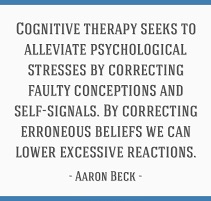
Online therapy is more than merely showing up. It's learning how to work with your thoughts and challenge new behavior.
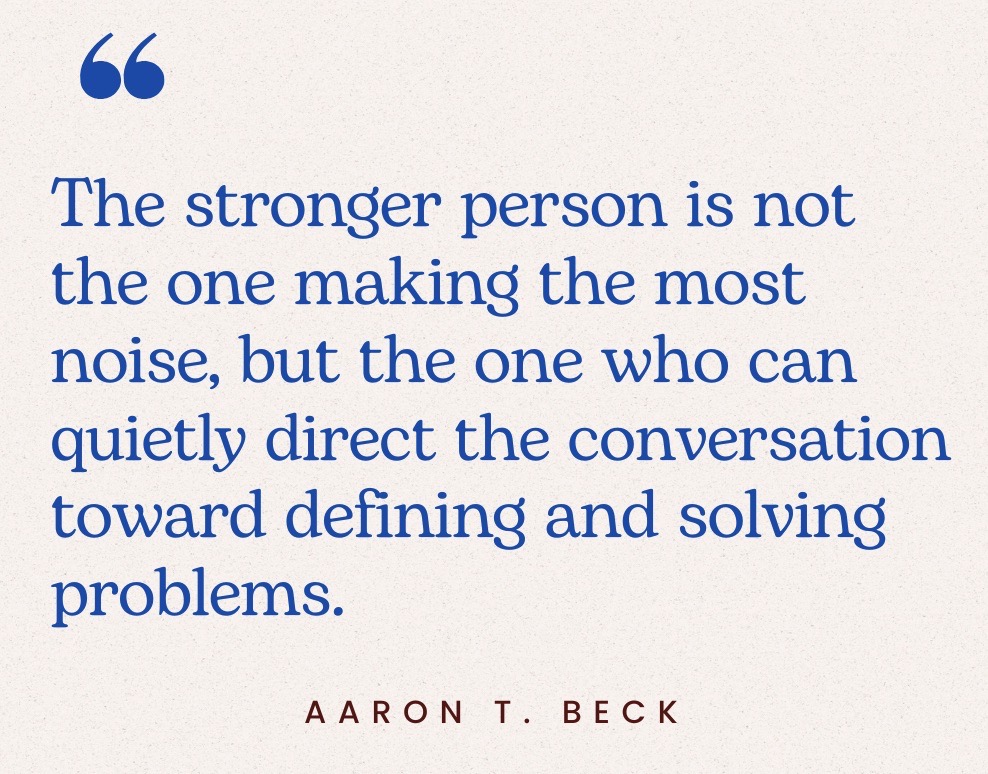
Reading and learning between online sessions means you improve faster in counseling. This site includes resources Loriann may recommend.
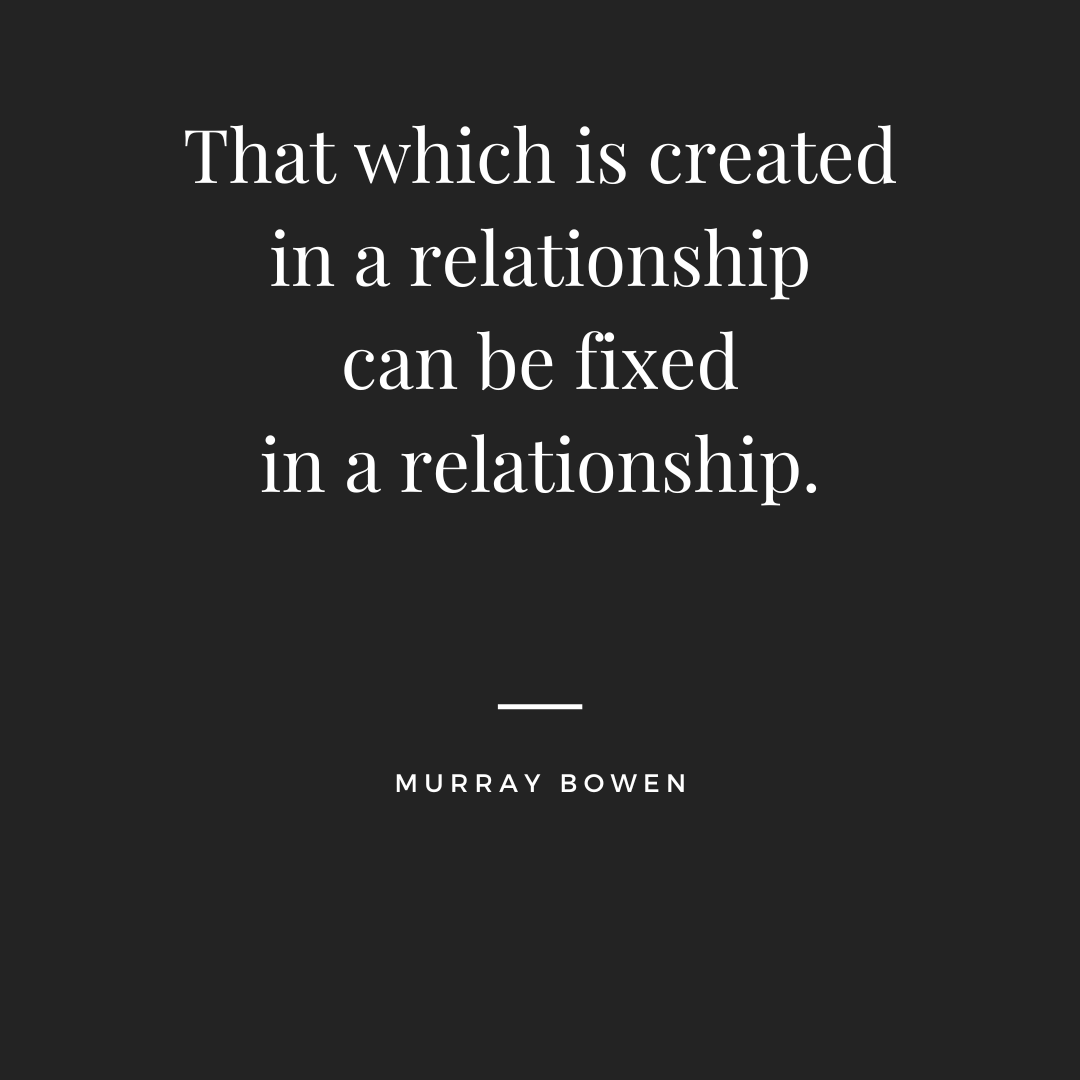
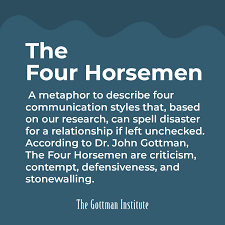
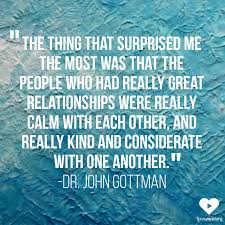
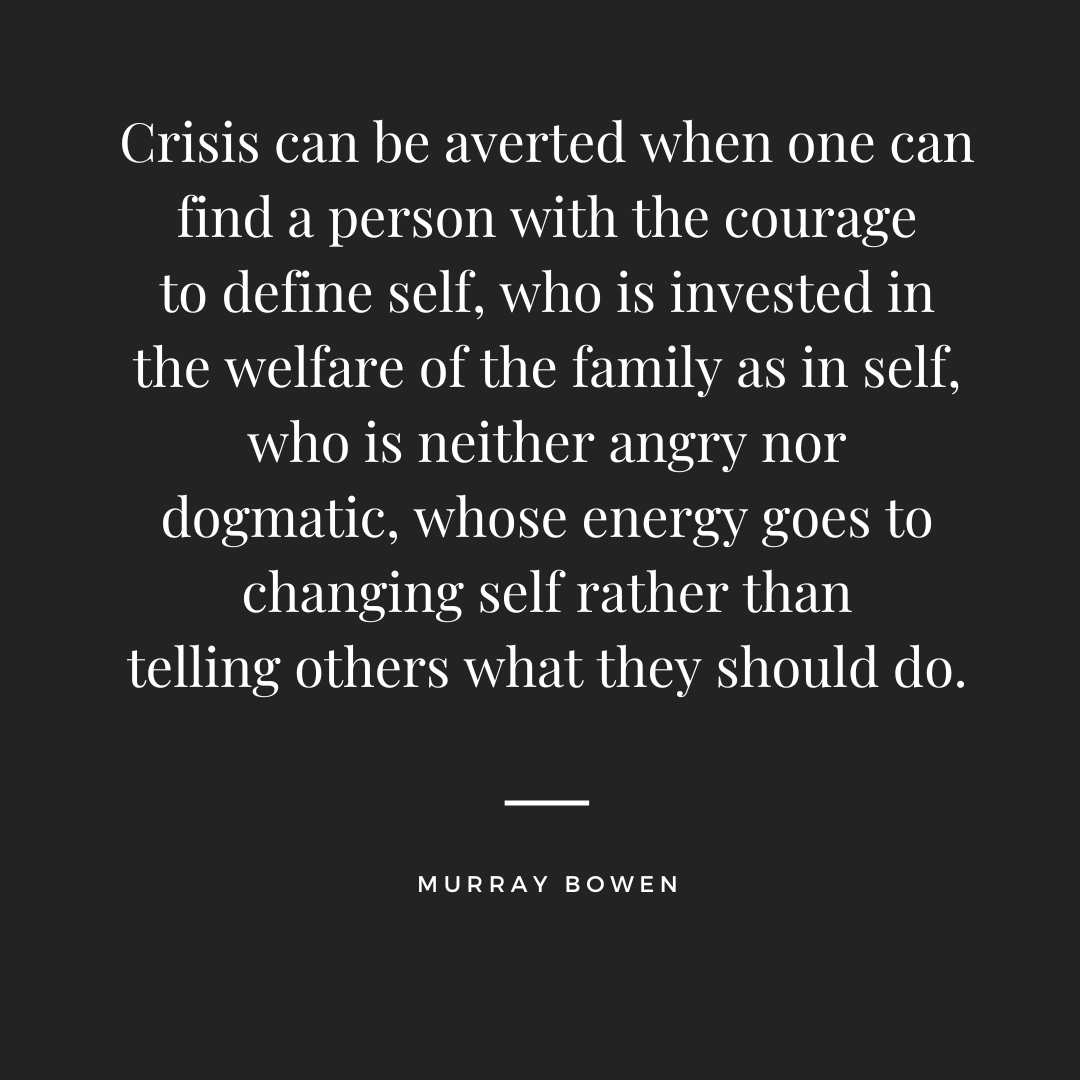
How Change Happens
So often, people come to psychotherapy because other people or situations have caused immense frustration. Friends, family or physicians may also recommend counseling. In online counseling, think about what you can change about yourself, how you interpret things or respond to them, then you'll be more open to new perspectives and challenges.
As systems theory informs, we live in groups. A classroom. An office. A family. Any group truly is a system, and a change in one member creates reciprocal changes in others. Therefore, rather than point to another who "should change," therapy encourages the focus on changing self.
When you are the best human you can be, identifying your values and living life accordingly, rather than parroting anyone else's script or blueprint, you embrace happiness and more readily create changes you need in your life.
As Mahatma Gandhi said: Be the change you wish to see in the world. Work on self helps you to that end.
Use the contact link to book online therapy in Maryland. Online coaching is for those who do not exhibit anxiety, depression or other diagnostic criteria. Thus, online coaching sessions have no residency requirements.
